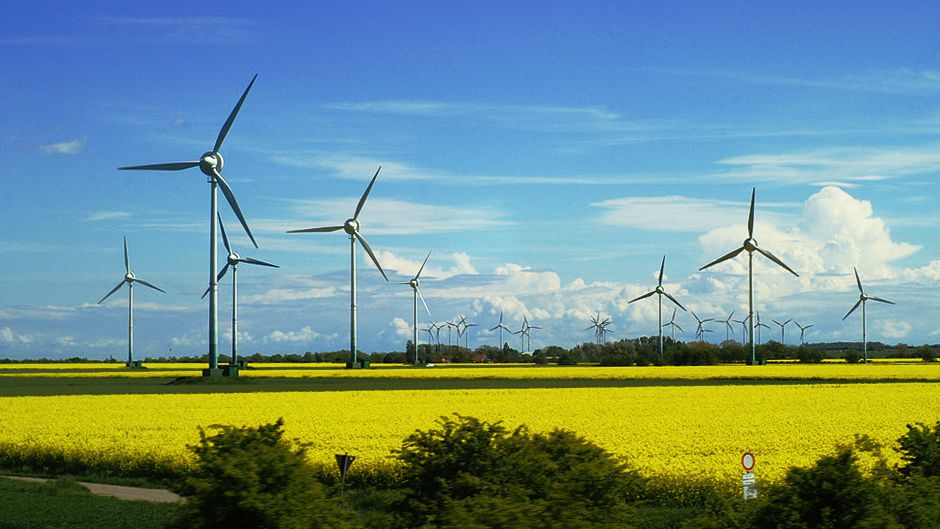In an era marked by environmental concerns and the need for sustainable solutions, the importance of green energy has never been more evident. As traditional fossil fuels pose environmental challenges and finite resources, the transition to green energy sources has become imperative for the well-being of our planet and future generations. In this article, we explore the critical significance of green energy in shaping a sustainable and prosperous future.

1. Mitigating Climate Change:
Green energy sources, such as solar, wind, hydroelectric, and geothermal power, produce significantly lower greenhouse gas emissions compared to fossil fuels. By shifting towards these cleaner alternatives, we can mitigate the impact of climate change and reduce our carbon footprint.
2. Preserving Natural Resources:
Traditional energy sources like coal, oil, and natural gas are finite resources that deplete over time. Embracing green energy ensures that we can continue to power our societies without exhausting precious natural reserves.
3. Improving Air and Water Quality:
Fossil fuel combustion releases pollutants that contribute to air pollution and degrade water quality. Green energy sources produce minimal or no pollutants, leading to improved air quality, reduced respiratory issues, and healthier ecosystems.
4. Enhancing Energy Security:
Green energy diversifies energy sources, reducing dependence on imported fossil fuels that are subject to geopolitical tensions and price fluctuations. This enhances energy security and economic stability.
5. Creating Jobs and Economic Growth:
The transition to green energy fosters job creation in industries such as renewable energy production, research and development, and energy efficiency technologies. This contributes to economic growth and stability.
6. Technological Innovation:
Investing in green energy technologies drives innovation in fields like battery storage, smart grids, and energy-efficient appliances. These innovations have applications beyond energy, advancing various sectors.
7. Local Energy Production:
Green energy sources can be harnessed locally, reducing the need for long-distance energy transportation and minimizing energy losses during transmission.
8. Long-Term Cost Savings:
While the initial investment in green energy infrastructure can be higher, the long-term operational costs are often lower compared to fossil fuels. Renewable energy sources benefit from free fuel sources like sunlight and wind.
9. Global Leadership and Collaboration:
Championing green energy solutions showcases a commitment to environmental responsibility and positions countries as leaders in the global sustainability movement. Collaboration on green energy initiatives fosters international cooperation.
10. Legacy for Future Generations:
Embracing green energy is not just about meeting present needs; it’s about leaving a healthier, more sustainable planet for future generations. It’s a legacy that demonstrates responsibility and care for our shared home.
Conclusion
The significance of green energy in the future is undeniable. It offers a pathway to combat climate change, preserve natural resources, create jobs, and drive technological innovation. By prioritizing and investing in green energy solutions, we can build a more sustainable, resilient, and prosperous world for ourselves and generations to come. The time to transition to green energy is now, as our collective actions today shape the world we pass on to tomorrow.